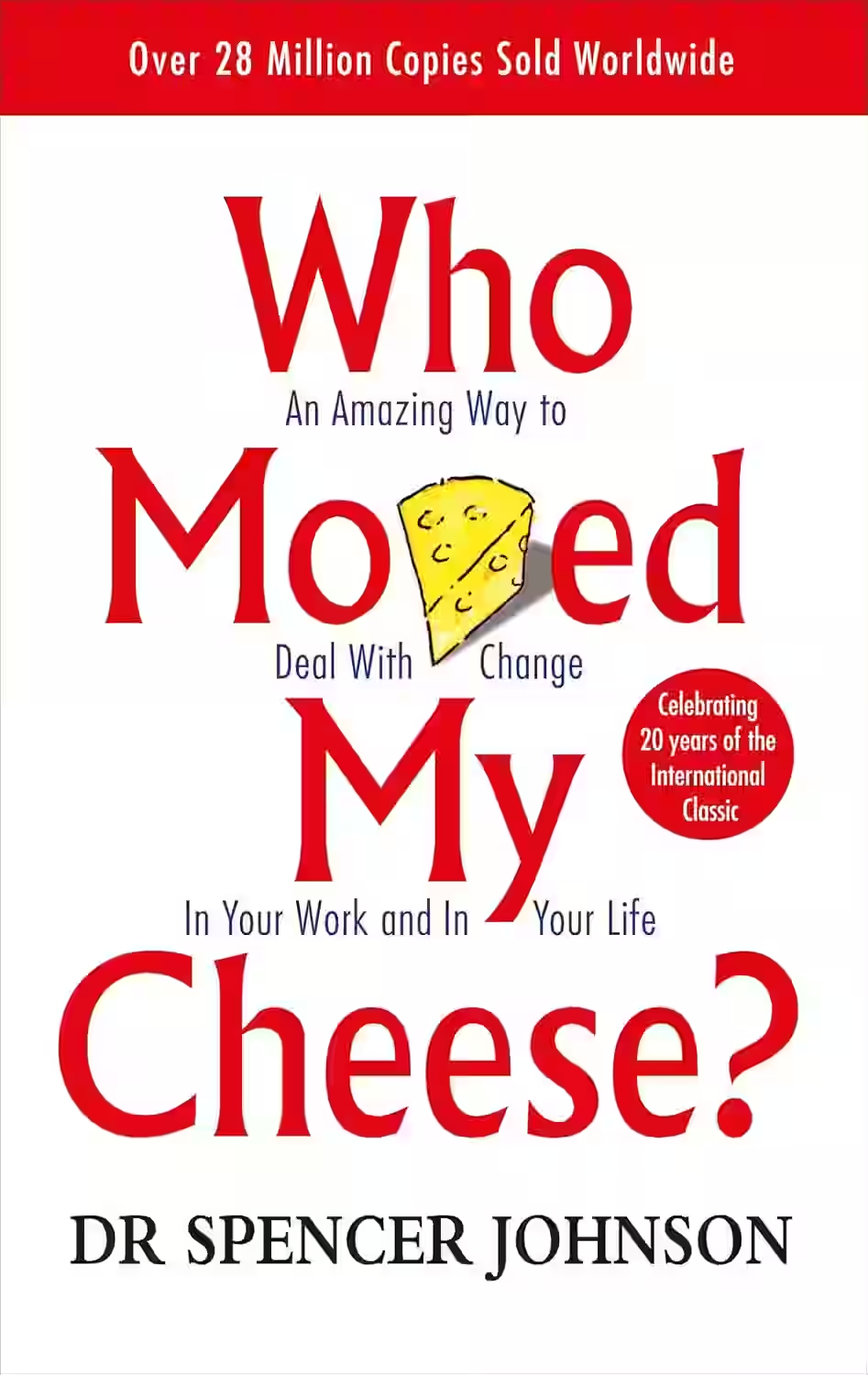
In 'Who Moved My Cheese?' by Spencer Johnson, readers are taken on a thought-provoking journey through a parable that illustrates the inevitability of change and the importance of adapting to it. The story revolves around four characters in a maze, two mice named Sniff and Scurry, and two littlepeople named Hem and Haw, who all search for cheese to represent their desires and happiness. As the cheese keeps moving, each character reacts differently, offering valuable lessons about dealing with change, embracing it, and letting go of fear. Through simple yet powerful storytelling, Johnson imparts wisdom about resilience, flexibility, and the necessity of adjusting one's mindset in the face of life's uncertainties.
About Spencer Johnson
Spencer Johnson (1940 – 2017) was a renowned American author and physician, best known for his significant contributions to the self-help and business literature genres. Johnson's most famous work, 'Who Moved My Cheese?' (1998), became a worldwide bestseller, offering profound insights into managing change and achieving success. With a background in psychology and medicine, Johnson expertly combined storytelling with practical wisdom, making complex ideas accessible to a wide audience. His unique ability to distill complex concepts into simple, engaging narratives earned him a dedicated following and solidified his legacy as a masterful communicator and influential figure in the world of literature and personal development.
Similar Books
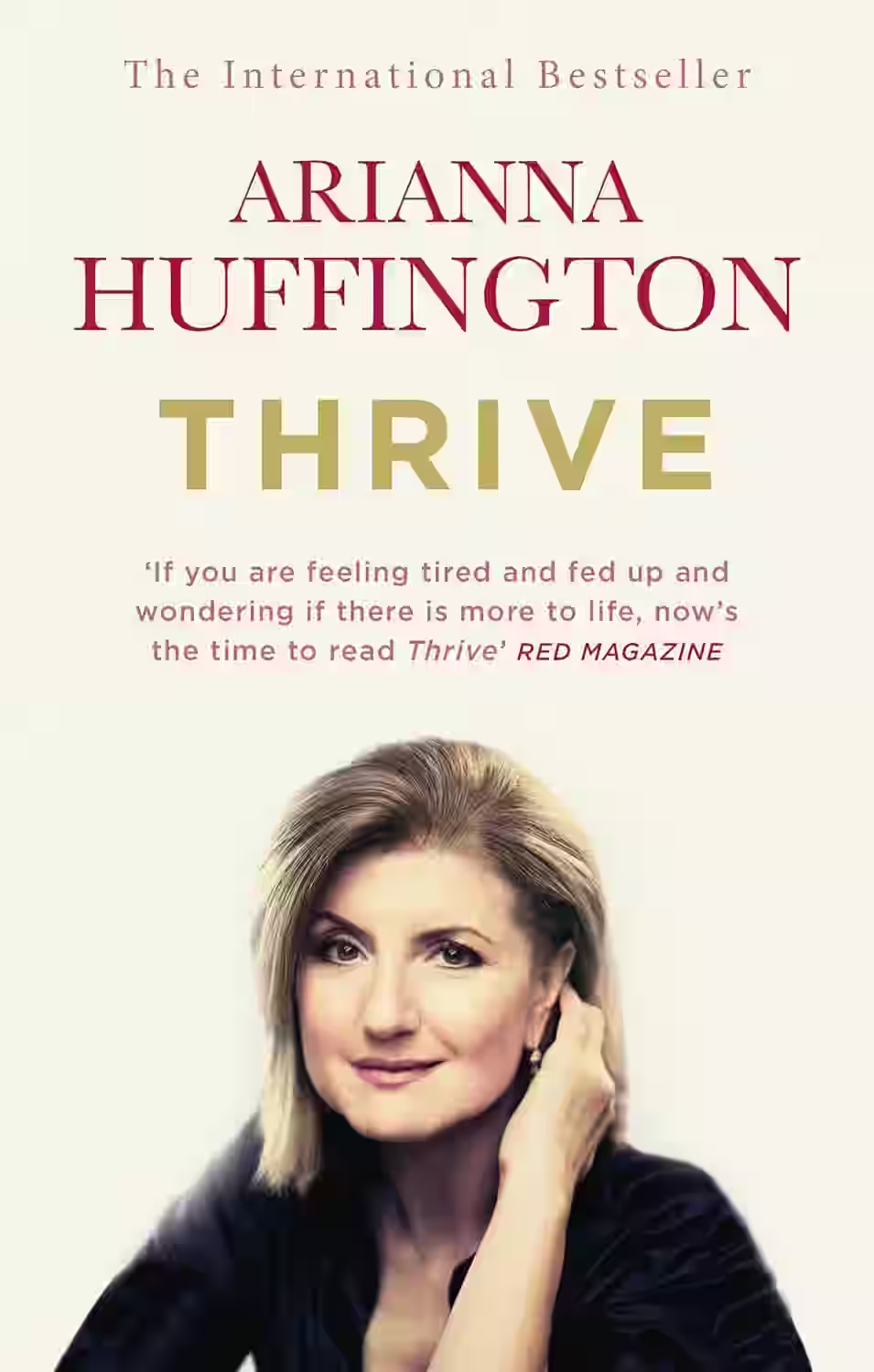
Thrive
In Thrive, Arianna Huffington redefines success beyond wealth and power, proposing a third metric rooted in well-being, wisdom, wonder, and giving. Drawing from research and her own life, she argues that burnout and stress are not badges of honor but symptoms of a misguided culture. The book explores mindfulness, sleep, gratitude, and compassion as essential to living a fulfilling life. Huffington weaves personal anecdotes with scientific insights to promote a more holistic vision of success—one that nurtures both the self and the community. Thrive serves as a call to prioritize what truly matters in a fast-paced world.
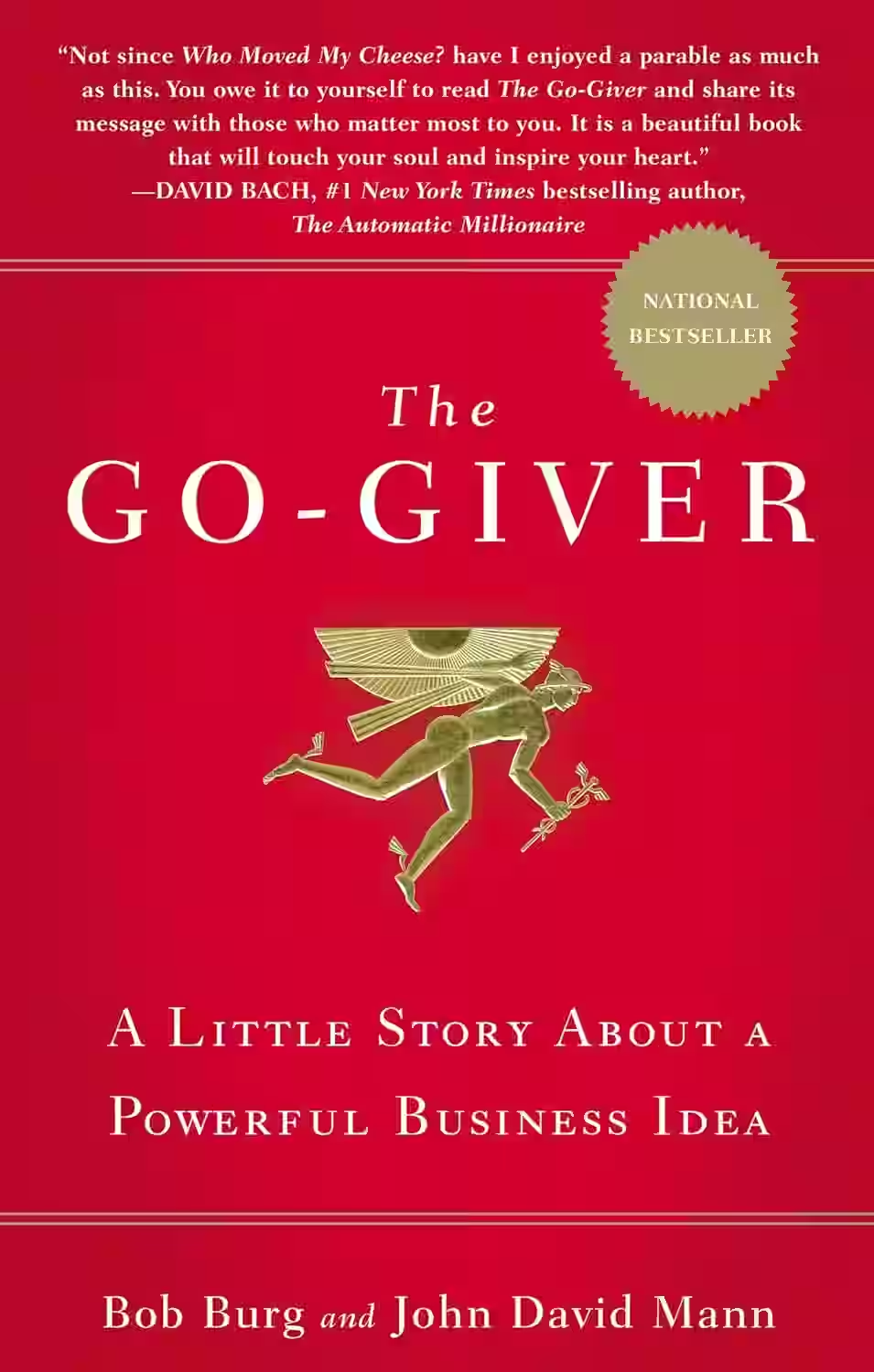
The Go-Giver
In 'The Go-Giver,' Bob Burg weaves a compelling narrative that challenges traditional notions of success and business. The story follows a young, ambitious professional named Joe who discovers the secrets of genuine success through the mentorship of a wise businessman named Pindar. Through a series of encounters with influential individuals who embody the five laws of stratospheric success, Joe learns valuable lessons about the power of giving, receptivity, authenticity, and more. This book is a powerful and inspiring read that explores the profound impact of putting others' interests first and fostering meaningful connections in both personal and professional endeavors.
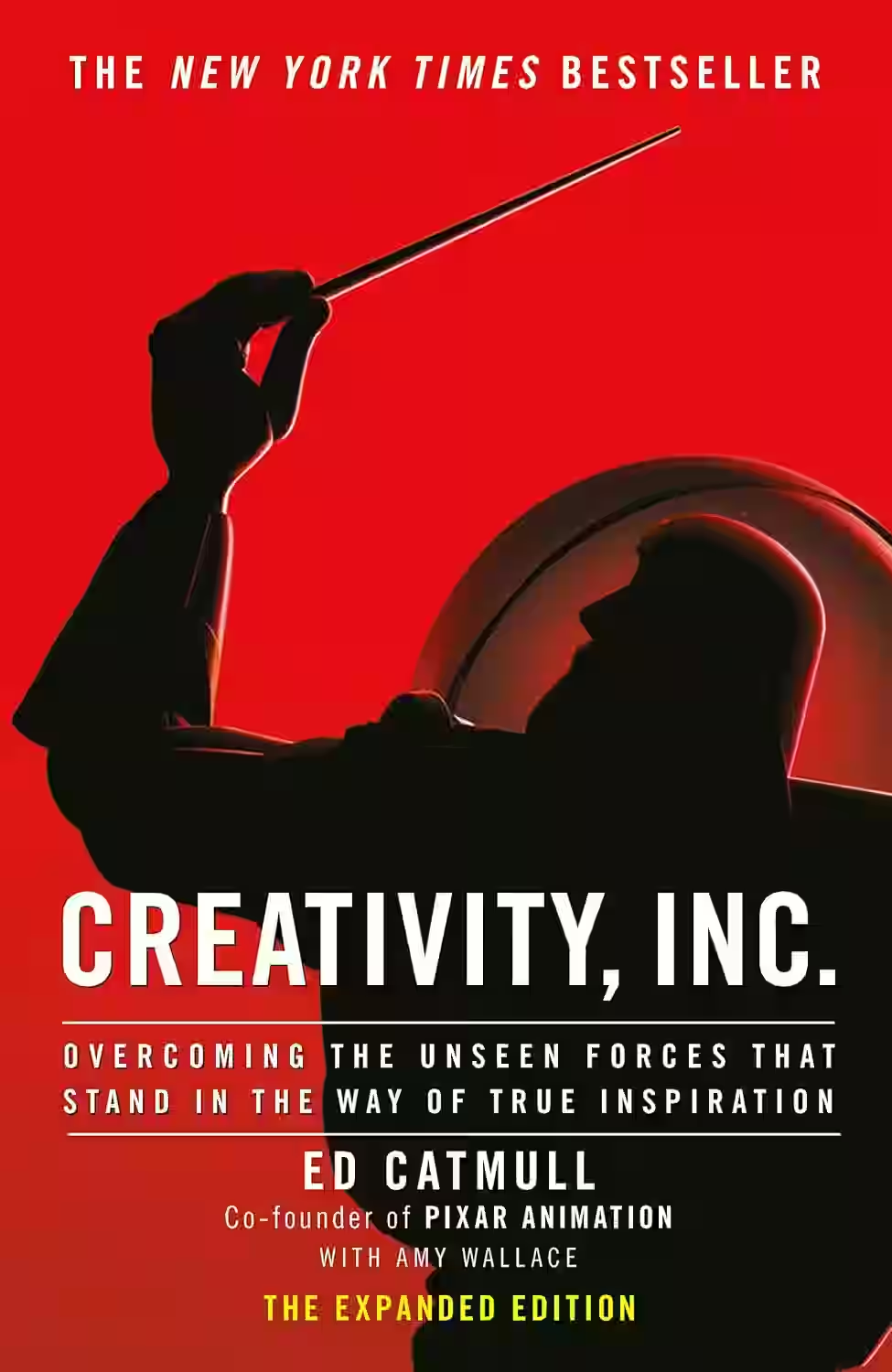
Creativity, Inc.
by Ed Catmull
Ed Catmull, co-founder of Pixar, offers an insider’s guide to building a creative culture. Through stories from the making of beloved films like Toy Story and Finding Nemo, Catmull reveals how Pixar nurtures innovation while maintaining excellence. He discusses leadership, collaboration, and the importance of candor in creative work. Central to the book is the idea that protecting creativity requires careful management of failure and feedback. Creativity, Inc. is not just a memoir—it’s a manual for leading with purpose, whether you’re in animation, tech, or any field requiring bold ideas and inventive teams.
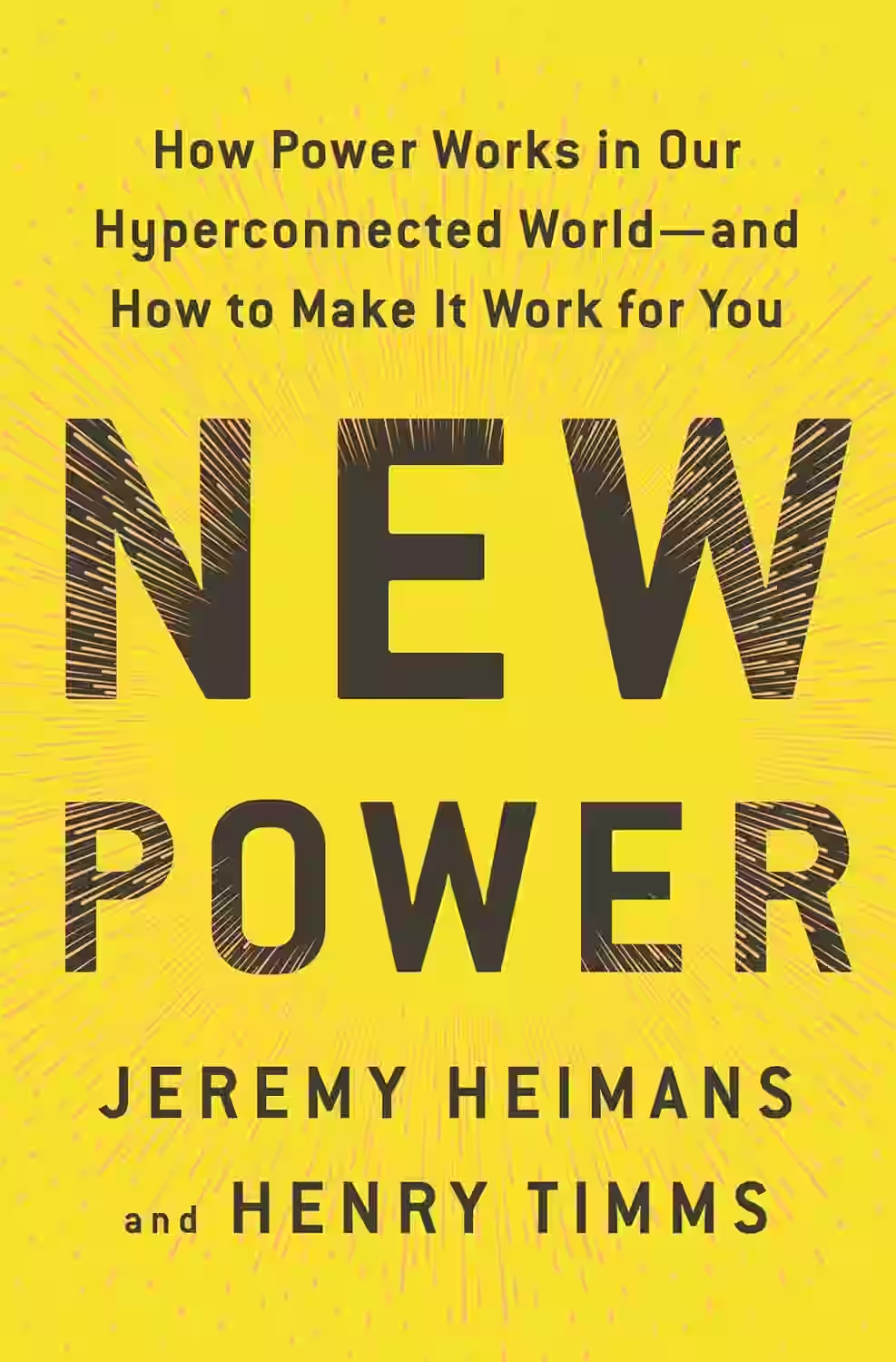
New Power: How Power Works in Our Hyperconnected World
by Jeremy Heimans, Henry Timms
New Power explores how influence, leadership, and engagement have evolved in the digital age. The authors contrast "old power"—top-down, closed, and leader-driven—with "new power"—open, participatory, and crowd-sourced. Through case studies like #MeToo, Airbnb, and TED, they show how modern movements and brands leverage community and transparency. The book offers tools for leaders, activists, and entrepreneurs to harness this shift effectively. Branson and other innovators have praised New Power for its relevance in today’s hyperconnected world, where collaboration and authenticity often matter more than hierarchy or control.